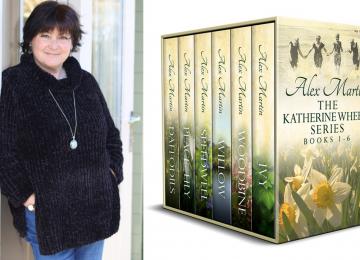Caffeine
Book Excerpt
The office began to disappear around us as the reset amai bid us off with "Thank you for thinking InTek reality, enjoy us again soon!"
After a few seconds, we were standing in front of a golden revolving door with a large InTek logo stamped above it: the entrance to one of the millions of skyscrapers in the plaza environment, one of the many exteriors regularly reprogrammed to look more impressive than the others, and more worthy of the billboards advertising hot new constructs and 21-day free trials. We stepped out into the public data space just as we would've walked out onto any city street, always reminded by the fantastic looking people and magical objects that we weren't in our flesh-and-blood bodies.
"Stupid! It's all so stupid!"
"It's not like you keep anything important on these servers," I was quick to say, "and I know you make like a trillion backups... seriously, did you really lose anything valuable?"
"No, I didn't," she replied. "There wasn't anyt
Editor's choice
(view all)Popular books in Creative Commons, Science Fiction, Post-1930, Religion
Readers reviews
- Upvote (0)
- Downvote (0)
There are the inklings of a solid read in here mired underneath tedious philosophical asides. As the book descends in religious banter between two characters it drags to a crawl. Unmercifully over long, this could have been streamlined in to a much better read.
But I always like to try to give a fair reading, so I plodded on, and after a little while, I found myself engrossed.
The climax, like the exposition, were a bit overly drawn out, and I felt that closure could have been achieved in a more streamlined manner.
The author plainly classifies this as an "unashamed attempt at Philosophical (Christian) Science Fiction", wherein a self-aware artificial intelligence journeys to discover the meaning of life.
A human protagonist accompanies, at first unwillingly, the AI in her quest, and also finds the answers to his own questions.
The social and economic situations strike surprising close to home. Given this, I do wish the author did not attach specific dates, as I feel this could be "tomorrow" rather than a century-and-a-half into the future.
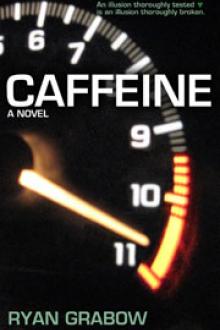
 Free Download
Free Download















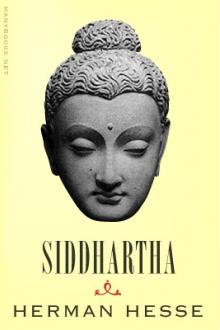
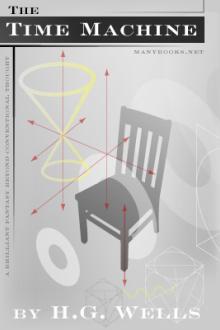
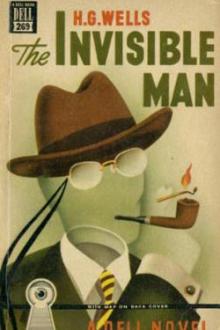

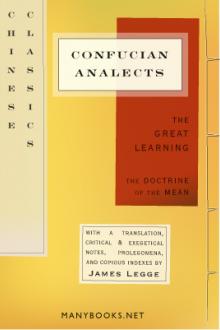
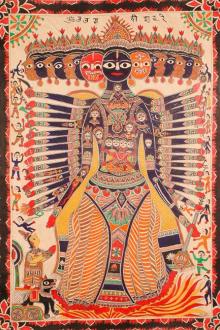
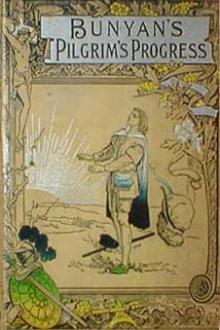
-itok=vcKIB5v1.jpg)
